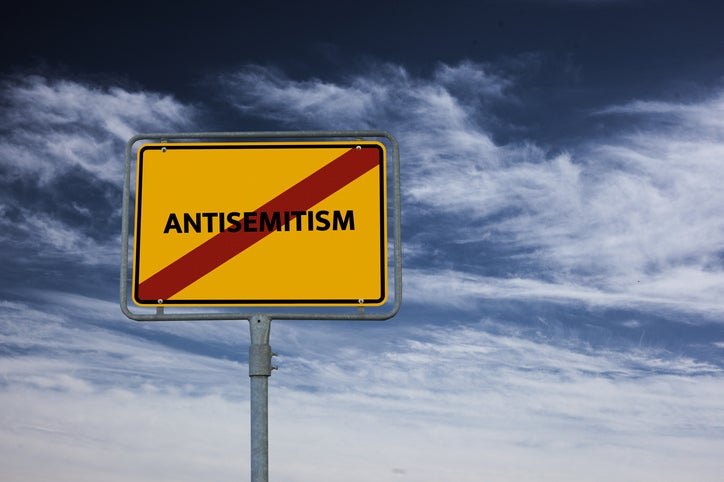Table of Contents
- How to Define the Term ‘Antisemitism’ Is the Subject of Bitter Debate ...
- The growing panic about antisemitism isn't a reflection of reality ...
- Antisemitism: From Its Origins to the Present | Free Online Course
- Learn Why The U.S. National Strategy to Counter Antisemitism Must Be ...
- Forms of Antisemitism | AJC
- A profligate potpourri of antisemitic problems - Opinion - Jerusalem Post
- antisemitism | Teach-In
- Condemning Antisemitism Is Easy Except When It Is Not - UT Austin News ...
- Antisemitism scholars like me study perpetrators. We should know more ...
- The ‘new’ antisemitism conflates criticism of Israel with prejudice ...

Antisemitism, a form of prejudice and discrimination against Jewish people, has been a persistent issue throughout history. According to Antisemitism - Wikipedia, this phenomenon has evolved over time, taking various forms and manifestations. In this article, we will delve into the definition, history, and consequences of antisemitism, as well as explore ways to combat it.


Definition and History of Antisemitism

Antisemitism refers to the hatred, prejudice, or discrimination against Jewish people, often based on negative stereotypes and misconceptions. The term "antisemitism" was first coined in the late 19th century, but the phenomenon itself has its roots in ancient times. Throughout history, Jewish people have faced persecution, expulsion, and violence, including the Holocaust, which resulted in the systematic murder of six million Jews during World War II.


Forms of Antisemitism

Antisemitism can manifest in various forms, including:

- Religious antisemitism: based on religious beliefs and stereotypes
- Racial antisemitism: based on pseudoscientific theories of racial superiority
- Political antisemitism: using Jewish people as a scapegoat for political or economic issues
- Cultural antisemitism: perpetuating negative stereotypes and prejudices through media and culture

Consequences of Antisemitism
Antisemitism has severe consequences, including:
- Violence and hate crimes: attacks on Jewish individuals, communities, and institutions
- Discrimination and marginalization: exclusion from social, economic, and political opportunities
- Emotional and psychological trauma: anxiety, fear, and stress experienced by Jewish individuals and communities
Combating Antisemitism
To combat antisemitism, it is essential to:
- Education and awareness: promoting understanding and empathy through education and cultural exchange
- Legislation and policy: implementing and enforcing laws and policies that protect Jewish communities and individuals
- Community engagement and solidarity: building alliances and showing support for Jewish communities and individuals
In conclusion, antisemitism is a complex and persistent issue that requires a comprehensive approach to combat. By understanding its definition, history, and consequences, as well as promoting education, legislation, and community engagement, we can work towards a more inclusive and tolerant society. Let us strive to create a world where Jewish people and all individuals can live without fear of prejudice and discrimination.
For more information on antisemitism, visit Antisemitism - Wikipedia. Together, we can make a difference and build a brighter future for all.